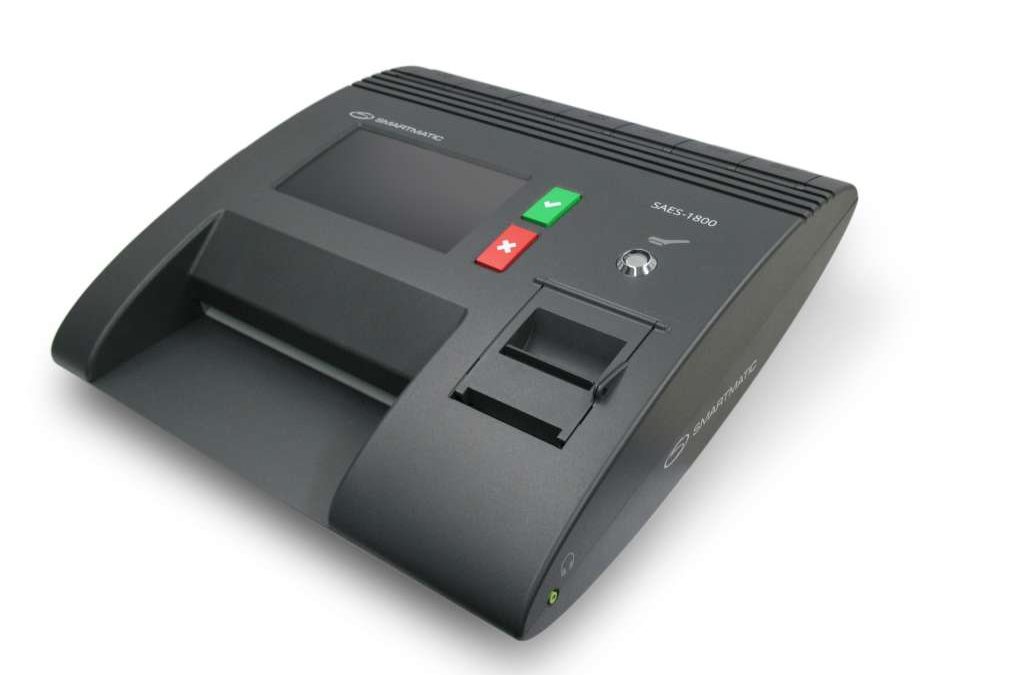Sarajevo (FENA) – The Government of the United States of America is investing USD 500,000 in support of the Central Election Commission (CEC) in the implementation of a pilot project for the application of new election technologies in municipal elections in Bosnia and Herzegovina in October 2024. The goal is to prepare BiH for the full-scale application of this technology in the general elections in 2026.
The initiative is part of the US Agency for International Development (USAID) project Support to Electoral Integrity in BiH (USAID SEI) whose implementation began in October 2023 as support for electoral reforms that will align BiH’s electoral system with international standards and best democratic practices.
– We are committed to supporting free, fair, and transparent elections in BiH, so that the votes of all citizens have equal value in electing their officials, thereby further strengthening BiH’s path to EU membership. The new technologies we are introducing will allow voters in BiH to experience a voting process similar to what they are used to, but with reduced possibilities of errors and fraud during vote counting and better integrity of the election process as a whole – said Courtney Chubb, Mission Director of USAID in BiH.
The pilot project will test the use of optical scanners that directly transmit voting results from 145 polling stations in BiH municipalities. The locations were selected by USAID and the CEC to ensure a statistically relevant sample of municipalities and polling stations that demographically and politically reflect BiH. The scanner supplier is Smartmatic, an election technology company.
The introduction of new technology is part of USAID’s four-year project valued at USD 5.5 million that supports election integrity. In addition to the pilot project, USAID SEI will provide extensive support to electoral bodies in the process of organizing and conducting elections, including strategic planning, capacity building, training on election processes, and informing and raising voter awareness. It will also support civil society involved in the observation process by providing innovative open-source digital tools in partnership with the Pod Lupom coalition. (6.8.)
 go to the original language article
go to the original language article
